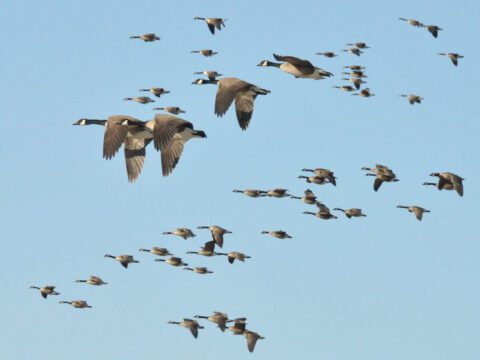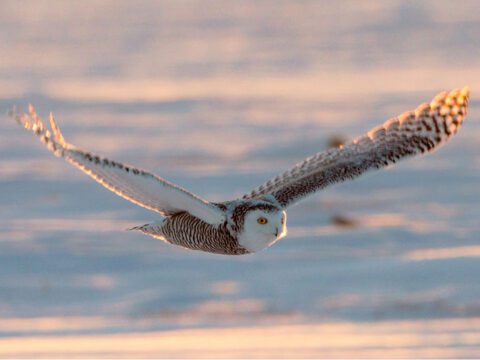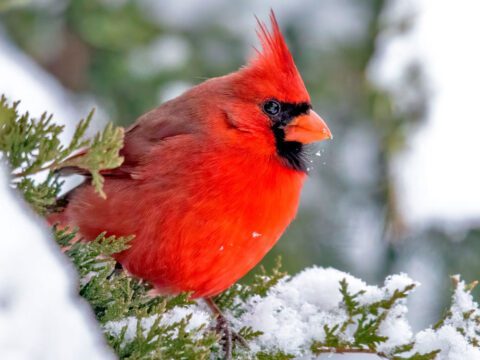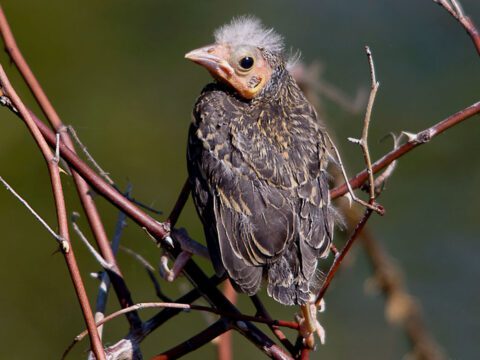Top Ten Ways You Can Help Neotropical Birds
January 15, 2009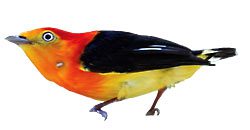
1. Never buy parrots bred in the wild. Poachers often chop down nest trees, not only killing some nestlings but also destroying the chances for the adults to re-nest for a long time. Many smuggled birds die during transport, too. The pet trade is a major reason many parrot populations are threatened.
2. Buy shade-grown, organic coffee and chocolate. See the article Saving the Tropics One Sip at a Time.
3. Be mindful of the beef you eat. Many tropical forests are burned to provide pastures for grazing cattle or for corn to feed cattle. Corn is a row crop, destroying natural habitat much more than grazing cattle do, and usually requires irrigation, fertilizers, and pesticides. Once soil has been depleted for cattle or corn, it can take decades for forest to regenerate. Most other sources of protein have a much lower impact on the environment.
4. Look for wood products with the FSC logo. Forest Stewardship Council certification ensures that trees are grown and harvested in environmentally responsible and sustainable ways.
5. Conserve energy. Extracting, transporting, and converting oil or coal to electricity all bear heavy tolls on birds and their habitats. Burning fossil fuels also has serious implications for climate change.
6. Donate old optics. Birder’s Exchange and Optics for the Tropics get binoculars and spotting scopes into the hands of ornithologists who study Neotropical birds and how to conserve them.
7. Share your photos on an eBird checklist. They’ll be archived in our Macaulay Library and will be available to help educators, researchers, and conservationists in the tropics. Here’s how to share your photos.
8. Choose organic fruit when possible. Fruit is more expensive, but when grown sustainably, minimizes habitat destruction and pesticide use. Only when there is enough demand for sustainably-grown fruits will major growers switch.
9. Hire local birding guides. Ecotourism provides financial incentives to preserve habitats and species when the money goes to local people with a long-term stake in conservation and a track record of protecting habitat.
10. Support Neotropical conservation. The Cornell Lab of Ornithology promotes capacity-building and training of Latin American biologists and institutions, and provides monitoring and research projects designed to help on-the-ground conservation. To make a donation, visit www.birds.cornell.edu/donate/conservation.
Originally published in the January 2009 issue of BirdScope.

All About Birds
is a free resource
Available for everyone,
funded by donors like you
American Kestrel by Blair Dudeck / Macaulay Library

